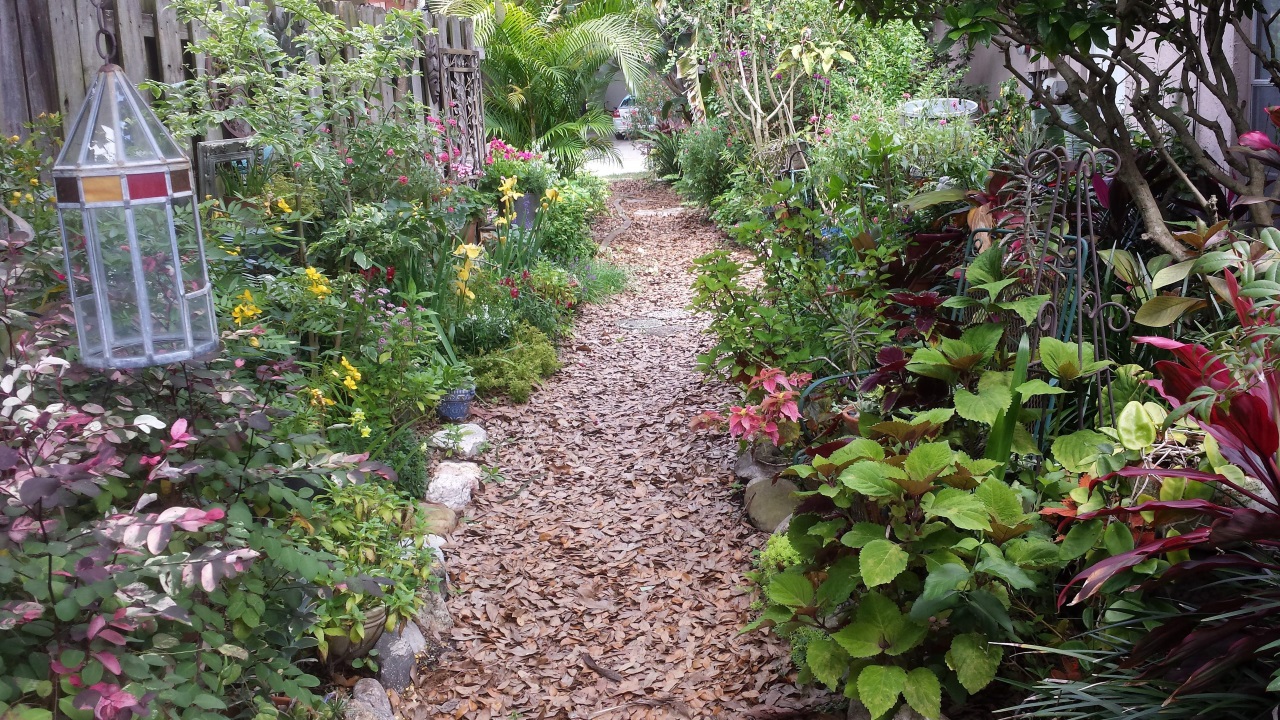Do your power bills and water bills get higher in the summer? If so, your beautiful green garden may be to blame. Although a garden can be beautiful, it can be an energy waster if you are not careful. You can save money on your utility bills by making some changes to your outdoor habits. Let's take a look at some clever landscape designs that can help make your garden more energy efficient and save you money.
Watering
The first step to making your garden more ecologically friendly is to follow responsible watering practices. The EPA recommends that gardens should be watered during the coolest part of the day, typically in the early morning hours. Place sprinklers only where they are needed and prevent water from flowing onto sidewalks or the street. Create a rain barrel to catch rainwater. This water can be used to water indoor and outdoor plants. In addition to this, you need to check for leaks in your water hoses and faucets. When it comes to watering plants, only water when it is dry and the plants need water. There is no reason to water every day.
Mowing and Lawn Equipment
During the hot months of summer, you should raise the height of your mower so that grass is longer. This helps to minimize the amount of water that your grass requires because it helps to keep the roots shaded. Additionally, it can decrease the number of weeds in your lawn. It is also recommended that you perform routine maintenance on all of your lawn equipment to ensure it runs efficiently. If you use battery orientated equipment, make sure it’s charged on the lowest cost electricity plant – and if not we should consider switching our energy provider. Finally, the EPA recommends that you use manual tools as much as possible to protect the environment, reduce pollution and save energy.
Pesticides, Soil Amendments and Weed Control Methods
Let nature work for you to help save you time and energy. Incorporate lady bugs into your garden to help control aphids, plant fast growing plants to minimize weed growth and plant marigolds to discourage beetles in the garden. Lawn clippings can help to fertilize your lawn, so leave them on the lawn when you mow. As the clippings disintegrate, they will feed your lawn. You can also compost your garden scraps and kitchen scraps to create an all-natural soil amendment, which will help keep weeds at bay and decrease the need for extra waterings. In addition to this, shred untreated woods and dried leaves for an environmentally friendly mulch. Mulch helps the soil to retain moisture and regulate soil temperatures. Finally, mulch will break down over time and add nutrients to the soil.
Planting and Landscaping Your Lawn
Greenscaping is the process of designing your lawn in an effort to increase energy efficiency. Choose plants that are native to your area to help minimize watering needs. Additionally, plant your garden so that water runoff will reach your plants and eliminate water waste. Finally, plant trees and shrubs to create shade and provide a windbreak, which will decrease heating and cooling costs.
